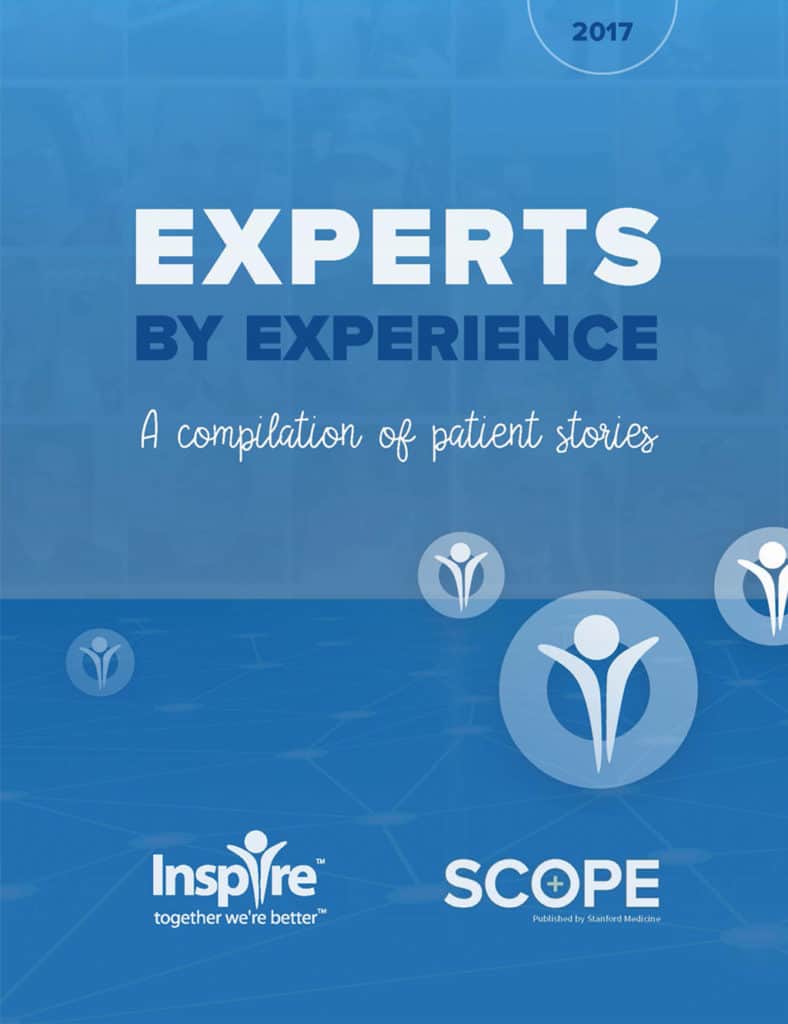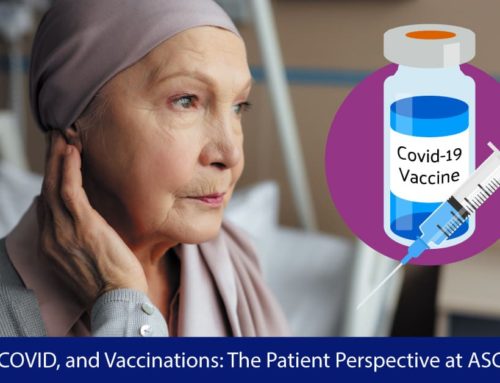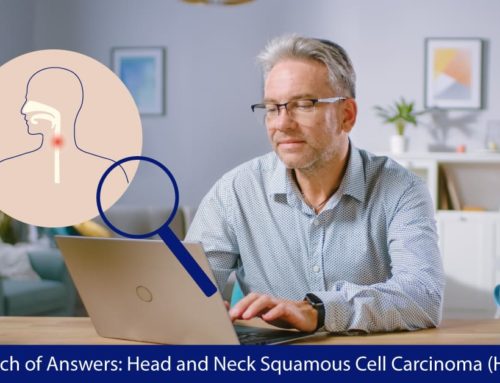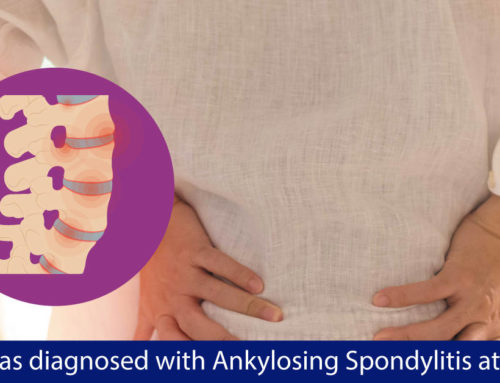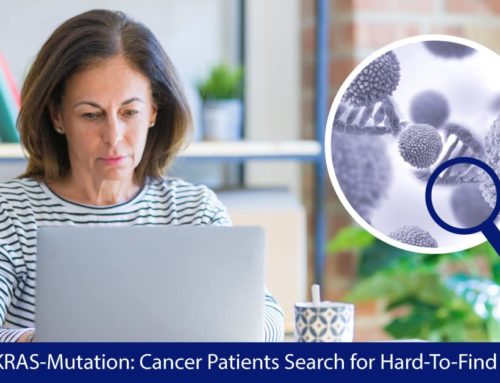Video Vignettes: Through Their Own Eyes: Heart Bypass Surgery
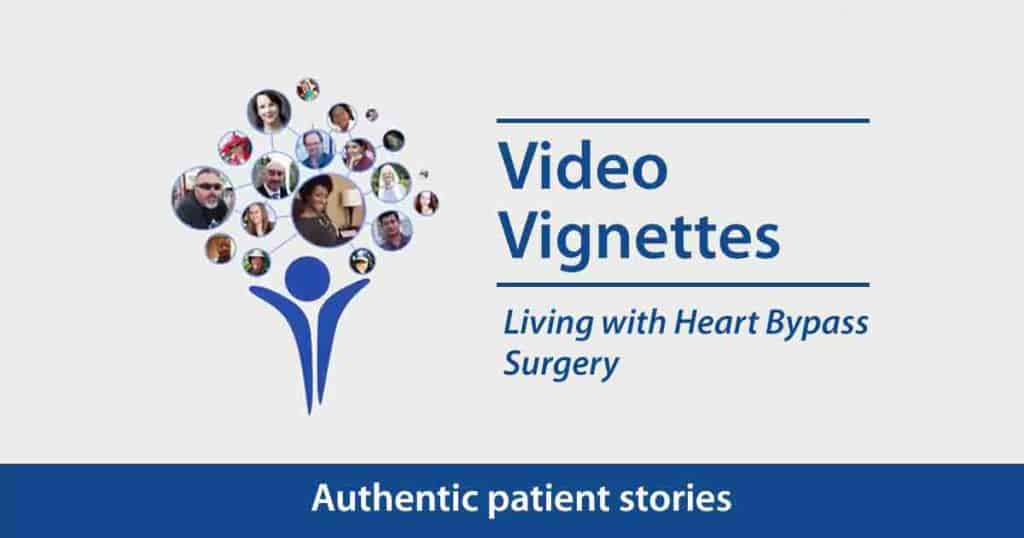
Our hearts start to beat at around a month and a half into pregnancy.1 We may take its constancy for granted until something goes wrong. Worldwide, cardiovascular disease is the leading cause of death with 17.7 million deaths each year.2
Coronary artery disease (CAD), the most common heart disease in the US, is caused by a buildup of plaque in the arteries supplying blood to the heart. These arteries narrow and blood flow to the muscle of the heart is blocked. Heart or chest pain, called angina, and shortness of breath are symptoms of CAD. A total blockage can trigger a heart attack. Chronic lack of blood flow can weaken the heart muscle and lead to heart failure.3
Coronary-artery bypass grafting (CABG), also called Heart Bypass Surgery, can treat CAD and is one of the most commonly performed major surgeries in the US, with over 400,000 procedures done annually.4 In England, the figure is around 20,000.5
CABG restores normal blood flow to the heart. During a CABG procedure, the chest is opened along the sternum. Grafts — blood vessels taken from the patient’s arms, legs or chest — are attached above and below the blockage in a coronary artery.
Reaching out for support is essential when facing major surgery. Inspire has several communities that can be relevant for people who have or will have experience with CABG and often people join multiple communities. The person who shared his experience with CABG in the video below is a member of Inspire’s Heart Bypass Surgery Support Community (over 13,000 members), the Sudden Cardiac Arrest Association Support Group on Inspire (~7000 members), Inspire’s Mended Hearts Heart Disease Support Community (over 5000 members), and The WomenHeart Support Community on Inspire (~35,000 members).
Coping with CABG
Comments on Inspire can inform healthcare and life science industry professional of the unmet needs of patients. For example, post-operative instructions may be written as “one size fits all,” but being able to ask others who have “been there” about their experiences can reassure patients between physician appointments and provide fresh ideas.
For example, an Inspire member asked:
“Hey all i am 3-weeks after a 4x cabg and am finding myself feeling quite down. I am only managing 15-min walk a day and have a staph infection in my arm wound. At night i am suffering from restless legs and get between 2-5 hours sleep…I know i need to get more active but i am just so tired…Anyone have any tips on how to increase my activity?”
Over 20 responses followed. One member wrote:
“Depression is a very common adverse affect of heart surgery. It’s very much in the normal group of problems. If it doesn’t turn around soon, seek medical help – no shame in that. Experiment with your sleeping situation. Some find sleeping in a reclining chair gives them better sleep early on as it confines movement a bit….Hang in there things will get better!”
Another member wrote:
“I’m at 15 weeks and I experienced some anxiety and depression around the 4-8 week marks. The thing that helped me the most was getting out and around some others. Went and rode in a golf cart while my friends played and got some sun on my face. Would call or text someone when down to let them know I wasn’t really feeling it….Good luck with the infection and keep walking. I didn’t get over 15 minutes till week 4 or five.”
Another member started a new discussion about his pre-surgery research:
“If you are a worrywart like me, let me give it to you straight based on my experience. First, you figure out very quickly that these procedures are performed every day and the team has this down to an exact science….All the things I thought would be horrible before, during and after surgery were not nearly as bad as I thought….My worries about pump fog and all the other horror stories have just not happened….I do feel like I am the same person. I’m not really any more emotional or angry, which they say can happen and I don’t feel depressed….My only regret through this whole experience was focusing on the ‘what if’s’ before surgery. I did google searches, watched the procedure and asked tons of questions. I tended to focus on the horror stories and complications. Try to keep a positive focus. Questions are fine, but try to restrain from reading about all the complications. I would be happy to correspond or talk live with anyone who has questions or concerns. I know this forum helped me before surgery.”
His offer to talk individually with others on the forum is not uncommon on Inspire.
Another post-CABG question involved scarring after surgery:
“Hi everyone, I have developed a rather large, extremely ugly keloid scar over my chest incision…. Anyway apart from the cosmetic hideousness of this scar, it itches, pulls and actually hurts. Any suggestions on what I might buy that will relieve these symptoms?”
Fellow members made specific product recommendations, suggested acupuncture and revision surgery. Cost and health insurance coverage were part of the discussion.
Final Thoughts
As the patient in the video said, an ethos of caring but also detailed sharing permeates these online support groups. Physicians, hospitals, and others in healthcare, like the life science industry, can learn from the experiences of these patients. How do they cope during the time between appointments? What after-surgery-products do they recommend and use? What devices do patients use before, during and after CABG? Contact Inspire for more information.
Inspire offers a trusted community to patients and caregivers. Our goal with this blog, this website and our content is to provide the life science industry access to the true, authentic patient voice. In so doing, we support faithful operationalization of patient-centricity. Take a look at our case studies, eBooks and news outlet coverage.
References:
1 http://www.babycenter.com/404_when-can-i-hear-my-babys-heartbeat_10349811.bc
2 http://www.who.int/mediacentre/factsheets/fs317/en/
3 https://www.cdc.gov/heartdisease/coronary_ad.htm
4 www.nejm.org/doi/pdf/10.1056/NEJMra1406944
5 https://www.nhs.uk/conditions/coronary-artery-by

